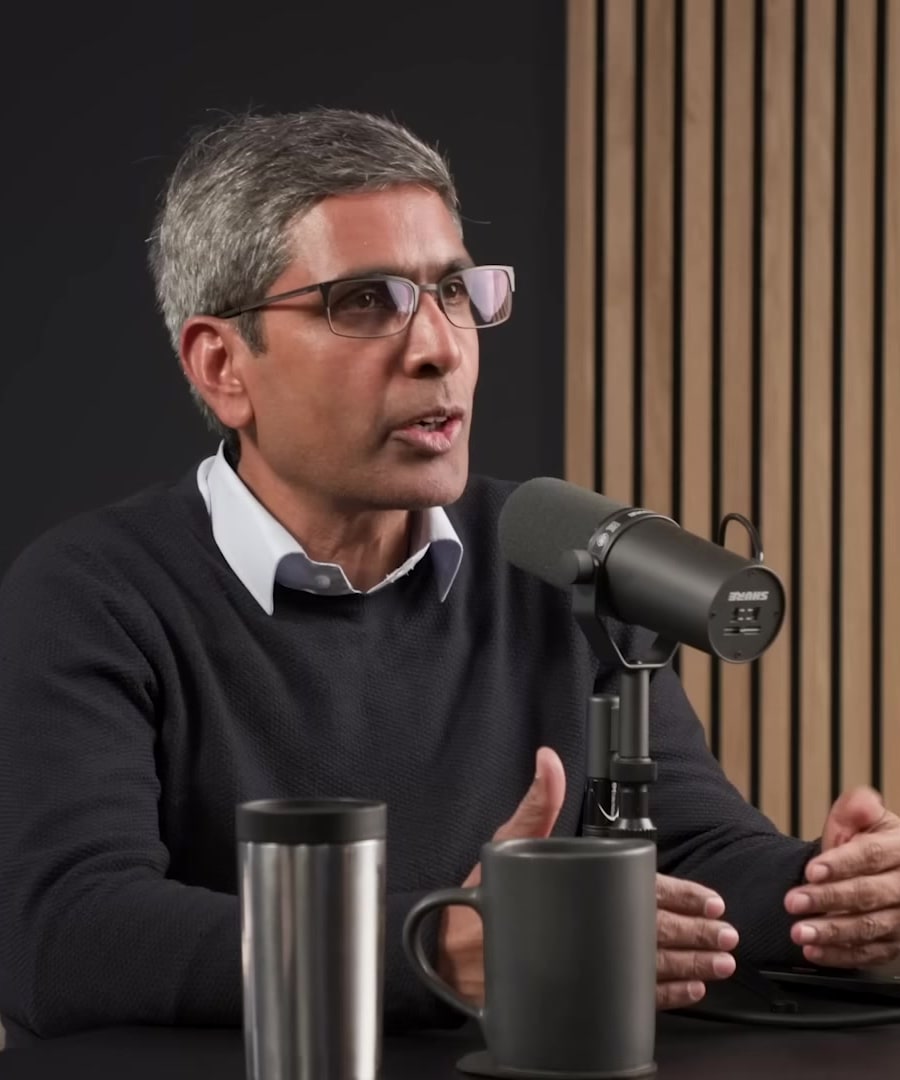how to eat healthy?
Sources:
Eating healthy involves a combination of mindful food choices and understanding how those choices impact your overall well-being. Here are key insights from Andrew Huberman and experts featured on the :
-
Mindset About Food:
- Instill a mindset that healthy foods are indulgent and delicious. This can help develop a positive relationship with food, particularly in children 1.
-
Minimally Processed Foods:
- Focus on eating minimally processed foods. Cooking your own food and avoiding highly processed items with lots of added sugars is beneficial for health, lifespan, and health span 2.
-
Glucose Management:
- Be aware of how different foods affect your glucose levels. Personalized nutrition, like avoiding high glucose-spiking foods, and integrating regular physical activity can greatly stabilize blood sugar levels 3.
-
Time-Restricted Eating:
- Time-restricted eating, such as consuming all your meals within a 12-hour window, can support weight management and overall health, especially when combined with regular exercise and quality nutrition 4.
-
Calming Eating Practices:
- Avoid approaching meals in an anxious state. Techniques like mindfulness meditation or physiological sigh (inhaling through the nose followed by a long exhale) can help manage eating-related anxiety and foster a healthier relationship with food 5.
-
Understanding Brain and Food Connection:
- Regular consumption of certain foods can influence brain health and the dopamine system, which governs our motivation and reward for food. Avoid highly palatable (overly sweet or savory) foods to prevent shifting your dopamine response to unhealthy food habits 6.
Implement these practices gradually and tailor them to your individual needs for optimal health benefits. Always consider consulting a healthcare provider before making significant dietary changes.
RELATED QUESTIONS-
how to eat healthy?
- RELATED QUESTIONS





